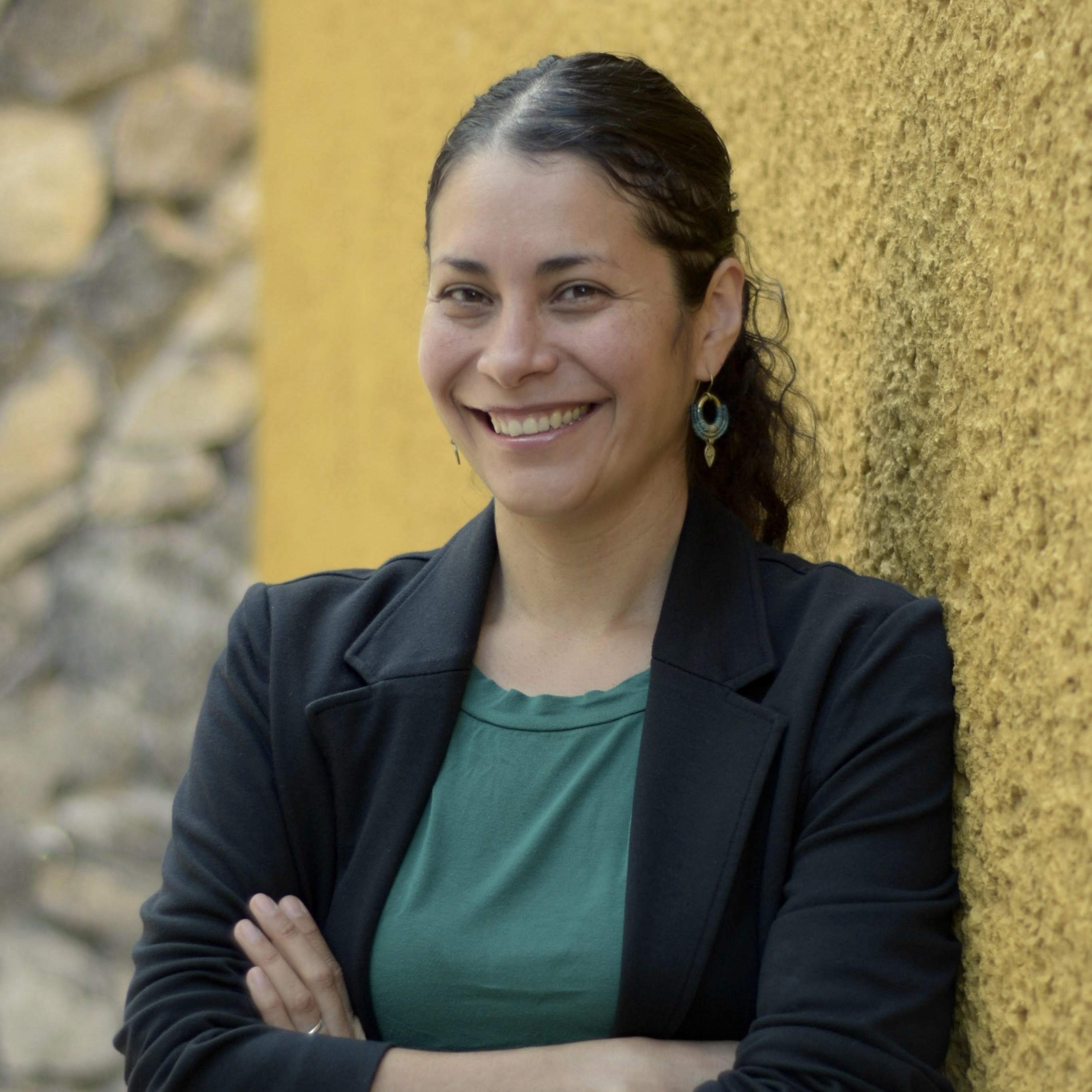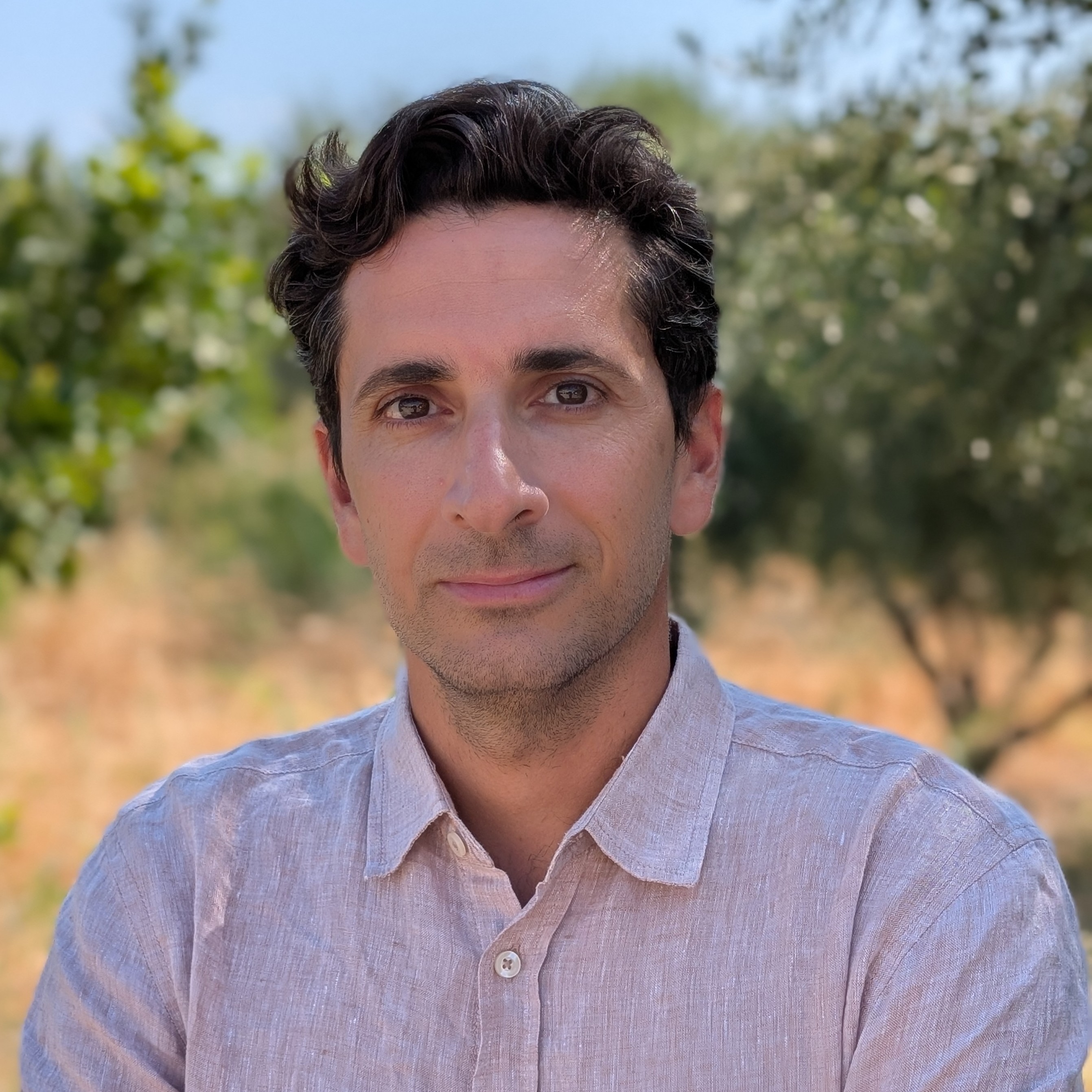Keynote Speakers

Dr. María Ávila-Arcos
Group Leader, International Laboratory for Human Genome Research, National Autonomous University of Mexico
María Ávila-Arcos is an Associate Professor at the International Laboratory for Human Genome Research (LIIGH) at the National Autonomous University of Mexico (UNAM). She completed her undergraduate studies in Genomic Sciences at UNAM and earned her doctorate in Palaeogenomics from the University of Copenhagen. She subsequently held a postdoctoral fellowship in Population Genetics at Stanford University. Dr. Ávila-Arcos's research leverages ancient and modern DNA to investigate the evolutionary history of Mexican populations and the pathogens that have infected them. A central focus of her pioneering work involves characterizing the African genetic component of the Afro-Mexican population. Her research has been instrumental in reconstructing the demographic and adaptive processes that shaped Mexico's genetic diversity. Furthermore, her ancient pathogen work has traced the introduction routes of pathogenic bacteria and viruses into Mexico during the European colonization era. Currently, Dr. Ávila-Arcos is on a sabbatical (until August 2026) at The Smurfit Institute of Genetics at Trinity College Dublin, working with Professor Dan Bradley.

Dr. Nikolaos Vakirlis
G4 Group Leader, Evolutionary Genomics Group, Hellenic Pasteur Institute
Nikolaos Vakirlis is a computational biologist specialized in evolutionary genomics. He has a PhD from Sorbonne University in Paris, France and has worked as a postdoctoral researcher in Ireland, Germany and Greece. His main goal throughout his career has been to understand how and why novel genes originate during evolution and his research has helped elucidate the mechanism of de novo gene birth. Since October 2024, Dr. Vakirlis has been a G4 group leader at the Hellenic Pasteur Institute, at the head of a multidisciplinary team. His group continues to investigate the processes generating genetic novelty across different lineages but they also focus on antimicrobial peptides, an important component of the natural defense of all organisms against pathogens. By detecting them and studying their evolutionary dynamics at the scale of all animals, Dr. Vakirlis's group aim to ultimately be able to harness them as alternative antibiotics. His group also studies the origins and evolution of novel ‘microproteins’ in bacteria to understand how they may acquire functions related to antibiotic resistance and antimicrobial activity.